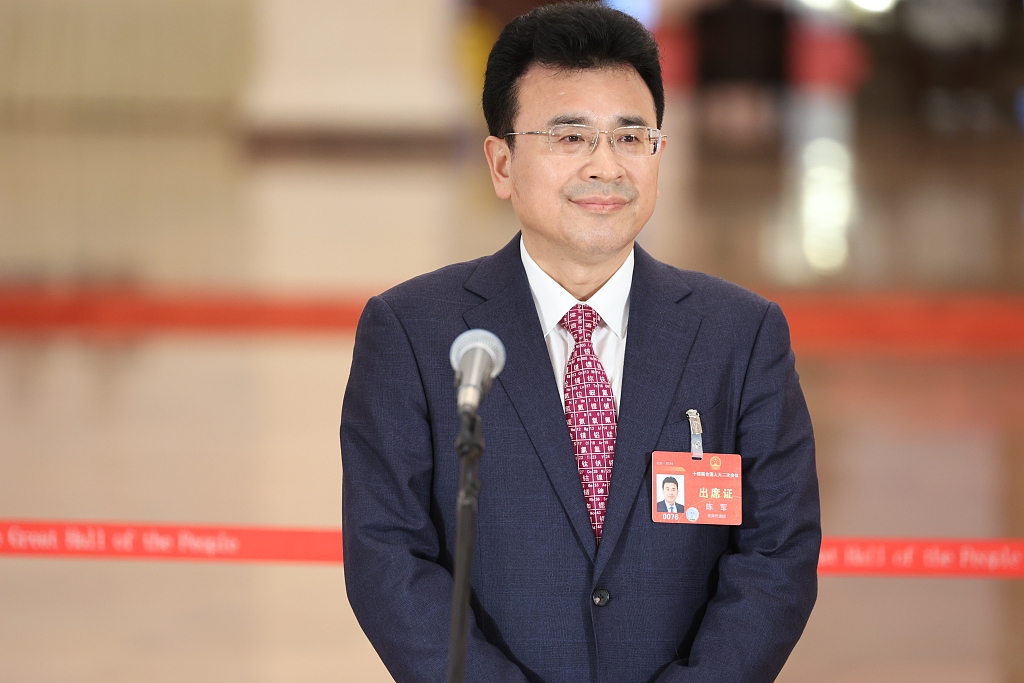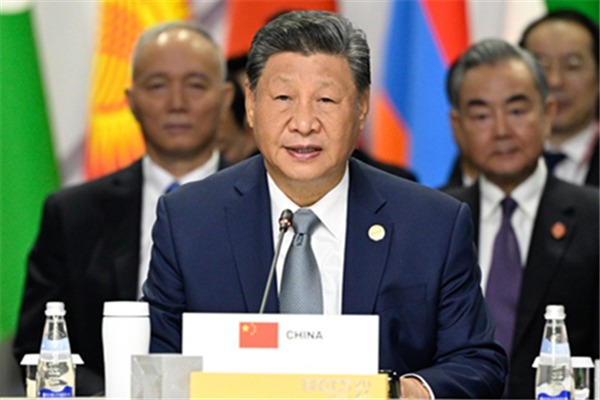Nankai University team becomes a global technological revolution leader in batteries


Chen Jun, a NPC deputy and vice-president of Nankai University, during a passage group interview on Friday of the second session of the 14th National People's Congress said his team has developed a solid-state battery with an energy density of 400 watt-hours per kilogram, which exceeds the current market-leading lithium-ion batteries with an energy density of 300 watt-hours per km by over 30 percent.
In the next one to two years, they aim to break through to the development of solid-state batteries with an energy density of 600 watt-hours per km, enabling electric vehicles to travel over 1,000 km on a single charge, said Chen, also an academician of the Chinese Academy of Sciences.
"This represents a leading global technological revolution, and we are actively striving to seize the strategic high ground for the future development of power batteries and electric vehicles," he said.
Batteries are the heart of electric vehicles. Faced with issues such as insufficient speed, slow charging and susceptibility to die in cold weather, the electric vehicle industry has long been focusing on these critical points.
Chen's team has been conducting scientific and technological research in the field of batteries for over 30 years. They have designed and produced flame-retardant electrolytes that can operate in all weather conditions and over a wide temperature range, high-capacity batteries that can operate at minus 70C, and have also developed low-cost, rechargeable sodium batteries, providing technical support for future large-scale energy storage.
"Solid-state batteries are the focus of research and development in various countries. Once industrialized, they will change the existing landscape of the electric vehicle industry and open up emerging markets such as electric aviation," Chen said.




































